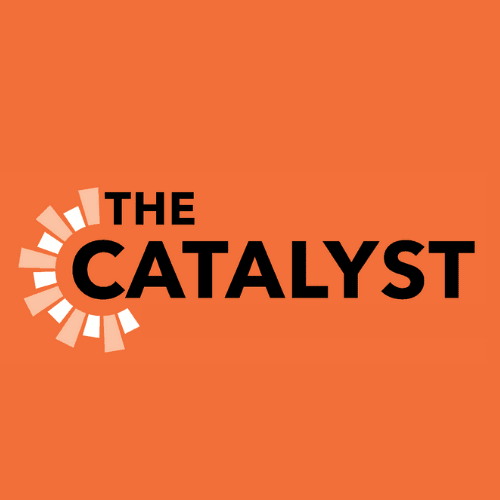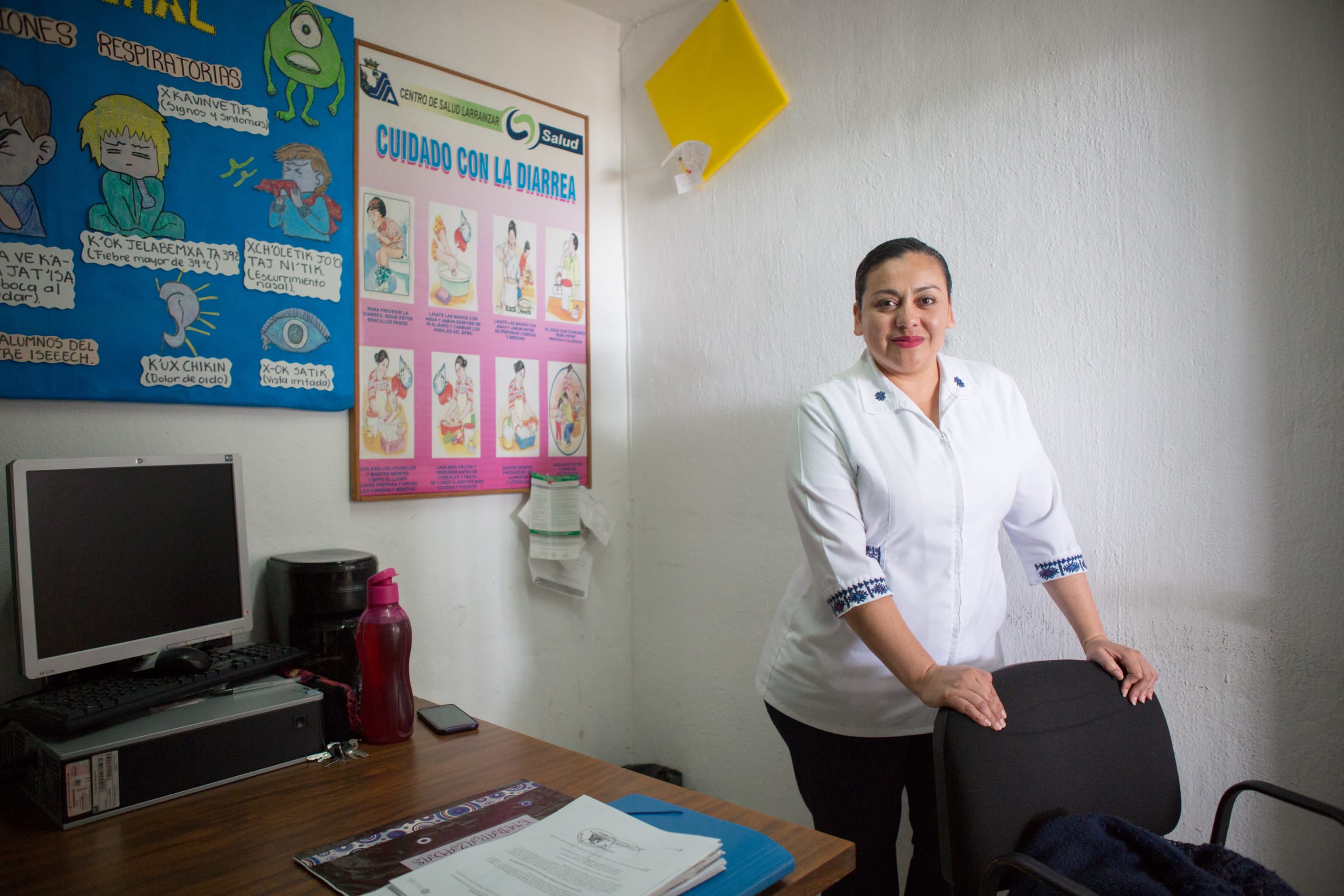Youth Advocacy in Action (Spring 2023)

In times of crisis, flexibility is key

As the number of COVID-19 cases rises worldwide, many advocates — including the more than 80 organizations in 26 countries that PAI supports — continue to adjust their work in order to address barriers to sexual and reproductive health and keep their staff safe in the midst of the crisis.
So how can PAI best help grantees continue to do this critical work when offices are closed, travel is restricted and in-person meetings can no longer take place? The specific strategies are as unique as the needs of the people we work with, but it all comes down to one word: flexibility.
This means supporting our grantees with resources to adapt to remote advocacy and providing virtual spaces for advocates to meet and learn from one another in this new environment.
Or investing in digital tools and training so grantees can safely and virtually track resources dedicated to the COVID-19 response and monitor the availability of essential health services and supplies, including contraceptives, at government-run clinics.
Or collaborating on creative approaches to fulfilling advocacy objectives, such as engaging journalists to help spread factual information about COVID-19 or launching social media campaigns that make the case for maintaining sexual and reproductive health care during the pandemic.
Sadly, we’re learning that flexibility is not the norm. In fact, one PAI grantee estimates that 70% of its funders have said that if the work it originally agreed to support can’t proceed, the money must be returned.
We value the work and safety of the advocates we partner with and know it doesn’t serve our shared mission if the organizations we’ve been investing in for years can’t make it through this crisis. They are creating positive change for women and girls in their countries, and as their needs shift to respond to the COVID-19 crisis, we will continue to be flexible in how we support them.
We also recognize that we can’t do this alone and are grateful to the individuals and foundations whose support of PAI allows us to be responsive to the urgent needs of grantees.
In partnership,

Elisha Dunn-Georgiou
Interim CEO
Advocates play a critical role in COVID-19 responses
In March of this year, the World Health Organization officially declared the coronavirus outbreak a global pandemic. In the seven months since, sexual and reproductive health advocates have found themselves pulling double duty, assisting governments in their COVID-19 responses while, at the same time, making sure that the health needs of women, girls and other vulnerable populations don’t get overlooked in the chaos.
We’ve seen what happens when decision-makers don’t put marginalized communities at the center of their pandemic responses. During the Ebola outbreak in 2014, governments failed to prioritize sexual and reproductive health and diverted resources away from the needs of women and girls, with disastrous consequences. Sierra Leone saw a spike in adolescent pregnancy rates due to the closure of schools, and in Liberia, more women died from pregnancy-related complications than from Ebola.

Despite lessons learned, we risk history repeating itself as governments respond to the current crisis. In Côte d’Ivoire, mobile sexual and reproductive health clinics were shut down. In Mexico, the government suspended these services in many out-patient clinics. And in Indonesia, officials used the outbreak as an excuse not to provide family planning services, including contraceptives.
This is why advocacy for sexual and reproductive health and rights is more important than ever. Civil society organizations (CSOs), such as the advocates that PAI supports, are playing a critical role in making sure governments prioritize access to these essential health services during COVID-19.
Many CSOs are also taking on an active role in pandemic responses, such as leading community outreach and engagement strategies to raise awareness about COVID-19, ensuring community health workers are allowed to provide home-based care during lockdowns, mapping where care is available and connecting people to services. These additional activities, as well keeping staff safe during the crisis, have put a strain on the limited resources of organizations and the emotional well-being of staff.
As the grantees we work with are shifting their strategies to address urgent needs during COVID-19, PAI will continue to adapt how we can best support them. Donations from individuals like you help provide the flexible funding that is critical to this work, and we thank you for standing up for women and girls during these challenging times.
Look below to see how PAI grantees in Latin America and the Caribbean are defending sexual and reproductive health and rights during the COVID-19 crisis.
Advocates in Latin America and the Caribbean move quickly to uphold rights during COVID-19

When the coronavirus pandemic hit, many governments — including several across Latin America and the Caribbean — initiated strict lockdown measures, resulting in the suspension of mobile outreach services and sexual and reproductive health care at clinics. Widespread misinformation and the absence of government leadership added to the confusion and mistrust, preventing people from seeking care — even where it is still available. Making matters worse, the restrictions on movement have also led to an increase in domestic violence. Limited access to sexual and reproductive health care, counseling services and legal support has resulted in increases in unintended pregnancies, unsafe abortions and maternal deaths.
Advocates in the region have been working through the chaos of COVID-19 to ensure that women, girls and other marginalized communities can access the essential health care they need, including contraception.
With support from PAI, grantees in the Dominican Republic, El Salvador and Mexico are reshaping their advocacy strategies and developing digital tools and campaigns to ensure the needs of women and girls are met during the crisis.

Dr. Tim Johnson shares why he supports PAI, now and into the future

How did you first become interested in family planning and reproductive health?
The seeds were planted in my childhood. My idealistic middle-class English parents joined a commune, and my early years were spent in Paraguay and post-World War II England before our family immigrated to North Dakota when I was a teenager. Here, we lived with the Hutterite religious sect where families larger than my parents’ eight children were the norm, and formal education was very limited. Against my wishes, I became a high school dropout!
Eventually, I left the commune and attended college, which widened my worldview and sparked an interest in global health and economic development. I worked in Pakistan in the early years of its national family planning efforts. Afterward, I returned to the United States, where I earned my doctorate, then taught and conducted research at the University of Michigan. I then joined the Centers for Disease Control and Prevention, where I had a major role in guiding international reproductive health and family planning efforts. My career took me to 40 different countries, mostly in Africa and Asia, during my half-century of working in this field.
What drew you to PAI’s work?
PAI’s focus on the human side of international development is an important complement to the more demographic, statistical and evaluative focus of much of my past work in international reproductive health. That’s a valuable perspective for any of us in this field!
I also like PAI’s partnership model. Throughout my career, I had the opportunity to work with local organizations that were leading efforts to expand opportunities for women in their countries, often doing the work that their governments weren’t willing or able to take on. CSOs are strong advocates for the communities they serve, and PAI’s support helps advance their work.
Why did you choose to include PAI in your estate plans?
While there has undoubtedly been progress in the field of family planning, there is still much more to be done. I’ve been a PAI donor for many years and wanted to help ensure that this work could continue after I’m gone.
I also recognize that the landscape is continuously evolving, and the work will need to adapt over time. That’s why when considering a legacy gift, it’s important not only to believe in the work the organization is currently doing, but also trust that the overall mission and focus will continue to align with your values. I leave a gift to PAI knowing that the organization will use it in a way that honors the cause that I devoted my career to.

We are fighting back against the onslaught of harmful policies that discard reproductive rights.
Stay informed about the issues impacting sexual and reproductive health and rights.
